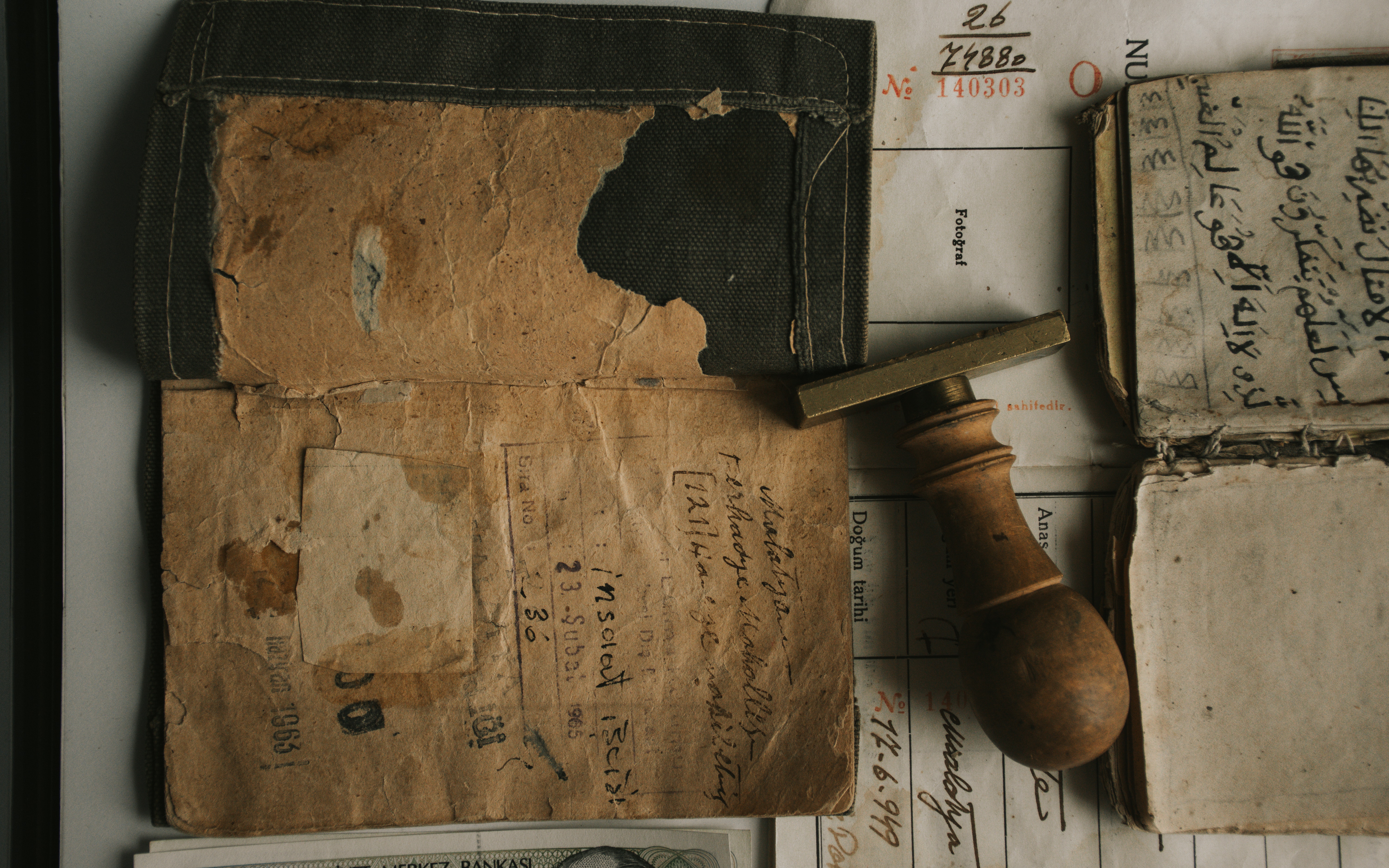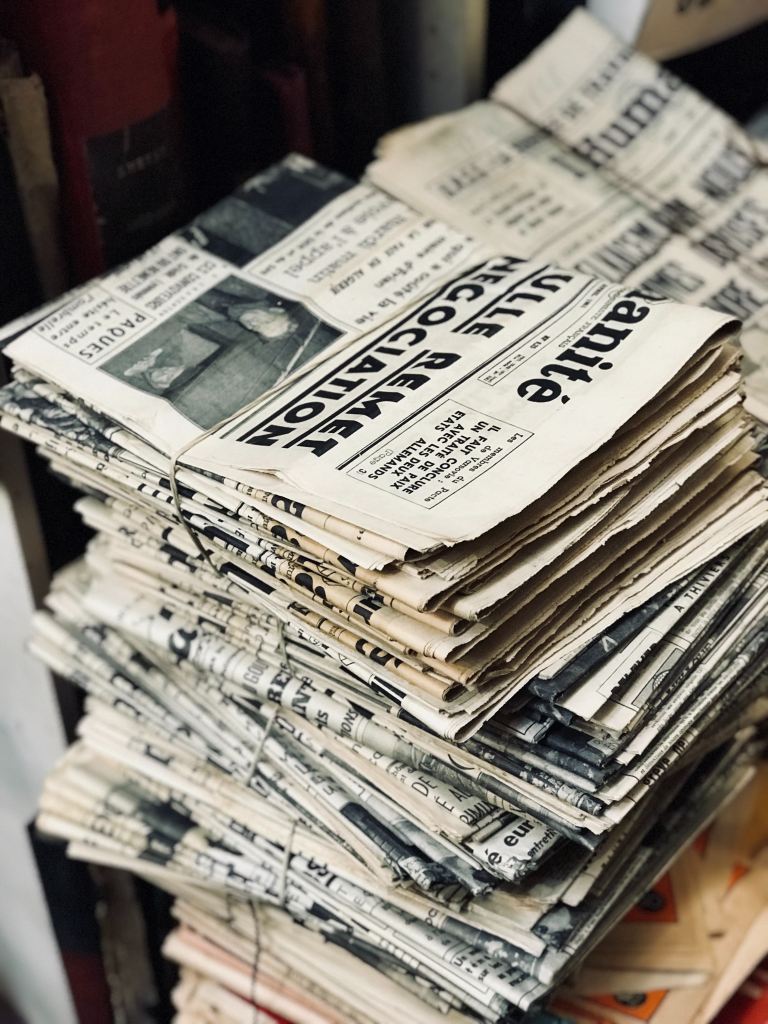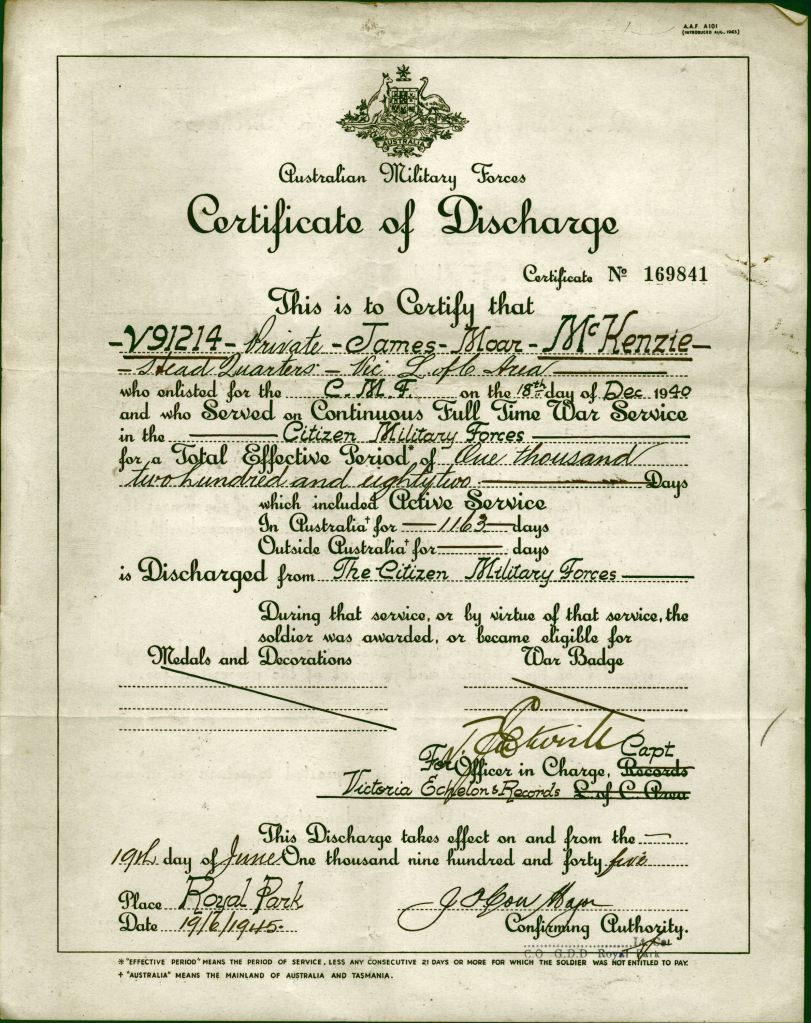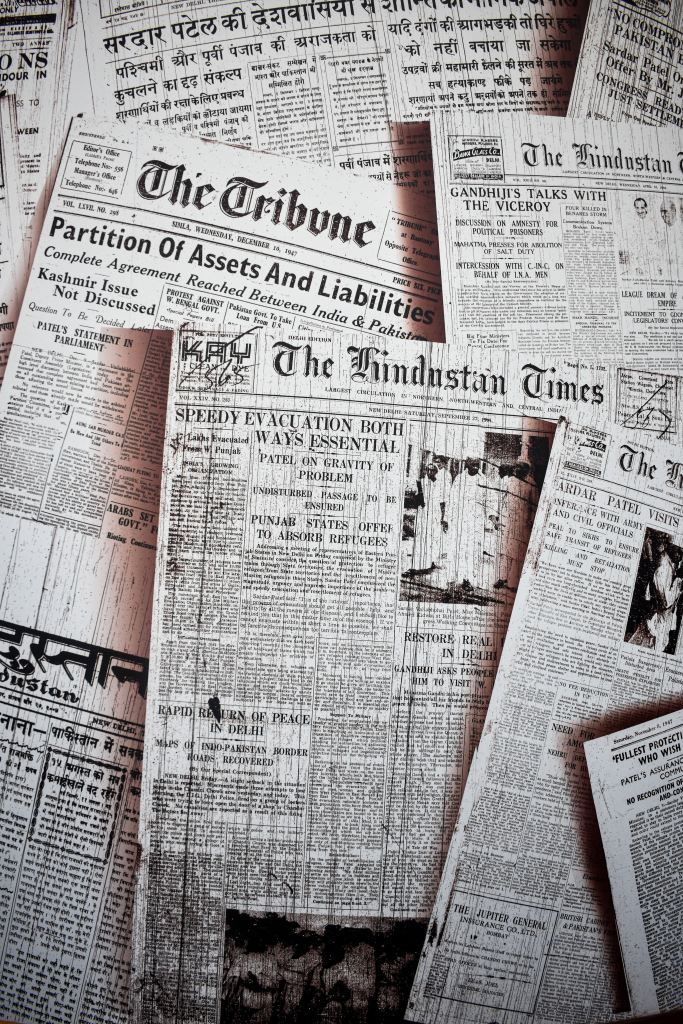
Historical Documents: Owning Pieces of World History

Historical Documents: Owning Pieces of World History
History brings with it a wealth of knowledge and ideas that are valuable and worth preserving. Historical documents are an important way that we preserve the knowledge and ideas of the past, and they hold a special value for both collectors and historians.
Collectors of historical documents are much more than just hobbyists – many collectors are driven to do so by an all-consuming passion for preserving the past. Their collections contain important pieces of world history, often drawing the attention of museums and history buffs.
Join us as we explore the uniquely important world of collecting and saving historical documents. We’ll discuss what constitutes a historical document and the best ways to care for such a collection. We’ll also discuss their value from both a monetary and historical perspective.

The Lexicon of Time: What Constitutes a Historical Document?
What exactly is considered a historical document? There are many different documents that fall into this category, including:
Manuscripts: Handwritten original documents that offer a peak into the thoughts of historical figures. This can include diaries, letters, or even manuscripts of famous written works.
Official Records: This includes important documents from the government, such as legal records, charters, treaties, and more.
Newspapers: A vintage or antique newspaper documents historical events, changes in society, and the popular opinion of a specific time period.
Maps: Maps document the geographical knowledge of a time period, and they also chronical territorial changes.
Other Historical Artifacts: Physical items such as tablets or scrolls can also be considered a historical document.

The Titans of Text: A Quick Look at the Most Significant Documents in History
There are some historical documents that are considered extremely important in American history. Let’s take a look at just a few of the most significant documents!
Declaration of Independence: Written by Thomas Jefferson along with a committee that included Ben Franklin, John Adam, Roger Sherman, and Robert Livingston, the declaration of independence is one of the most important historical documents around!
U.S. Constitution: The Constitution of the United States is the foundation of our government.
Bill of Rights: Part of the Constitution, the Bill of Rights contained the first ten amendments of the constitution, and it was set forth by James Madison.
The Importance of Being Earnestly Historical: Why These Documents Matter
Collecting historical documents is an extremely valuable pastime. Collectors engage in this hobby for many reasons. These motivations include:
Preserving History: Historical documents provide us with a glimpse of the past. Collectors are motivated to preserve these documents for future generations to enjoy.
Maintaining a Connection to the Past: Collectors may focus on a specific niche or time period that particularly interests them. Collecting historical documents from a specific era might make them feel more connected to the past.
Conducting Historical Research: Historical documents are valuable for historians, researchers, and scholars to learn more about the past. Even private collectors can contribute to public knowledge by sharing their collection with others.
Financial Investment: Historical documents can also be worth a lot of money, making them a viable financial investment for collectors.

Making it Official: Starting Your Collection of Historical Documents
Are you interested in becoming a collector of historical documents? Here are some tips to aid you as you start to build your collection!
Define Your Area of Interest: Narrow down your search for historical documents by deciding on a niche that interests you. Perhaps you focus solely on collecting historical newspapers, or maybe you focus on documents from a specific time period. Having a defined area of interest will help you stay focused in your search.
Conduct Research: Once you’ve determined a niche, be sure to research that area and learn as much about it as you can. Knowledge is power, and will help you determine the best items to add to your collection.
Set a Budget: Decide how much money you are willing to invest into this hobby. Your budget can be big or small, but it will determine the quantity and quality of the documents that you add to your collection.
Connect With Other Collectors: Attend history-related events or find communities of collectors online. Share your interest with others and you may glean valuable knowledge that will help you in your collecting journey.
Authenticate Your Collection: It’s important to have your collection authenticated by an expert who can verify the provenance of your historical documents. This will also add to their value!
A Collector’s Guide: How to Care for Historical Documents
When it comes to collecting historical documents, proper preservation and care is of utmost importance. Many historical documents are fragile, so you’ll want to ensure that they are preserved well and can be enjoyed for many generations to come. Here are some tips to help you care for such a collection:
Store Properly: Be sure to purchase archival-quality storage solutions. Acid-free boxes and sleeves can help protect your materials. You may also want to invest in display cases that protect from humidity and light.
Handle With Care: When you must handle your documents, clean your hands and use cotton gloves to avoid soiling the documents with oils and dirt.
Professional Conservation: If you’re documents are valuable, it may be worth investing in professional conservation. Seek a pro in your area to keep your collection in top shape for years to come.
Diving into the Archives: Where to Find Authentic Historical Documents
If you are a serious collector of historical documents, a great place to buy them is through Sotheby’s auction house. Their specialists are experienced at appraising and selling historical documents, so you can feel confident about purchasing from them.
You may also find historical documents at antique stores or on sites such as eBay. Keep in mind that these items may not be authenticated, so be sure that you are knowledgeable enough to assess the authenticity of the item – or consult with an expert before buying!
FAQ
How can I start my own collection of historical documents?
Determine a niche, set a budget, and learn as much as you can about your chosen area of interest. Then, start the process of collection building! You can buy at in-person auctions, antique stores, or online auction sites.
How do I ensure the authenticity of a document before purchasing it?
The best way to authenticate a document is to consult with an expert authenticator.
What types of historical documents generally hold the most value?
Rare and hard to find documents are going to be the most valuable when it comes to historical documents. Some of the rarest items, like the Declaration of Independence, are already stored away in museums!
Sources
https://www.sothebys.com/en/sell/books/manuscripts-documents
https://online.norwich.edu/academic-programs/resources/10-important-documents-of-american-history
About Collectibles Insurance Services
Collectibles Insurance Services has been protecting collections since 1966 and all coverage is provided by a carrier with a group rating of “A” (Excellent) by AM Best, the leading rating agency for the insurance industry.
Comprehensive coverage includes, but is not limited to: accidental breakage, burglary, fire, flood, loss in the mail, theft, natural disasters, and other causes of loss unless specifically excluded from the policy. Deductibles start at $0 for collector policies and we provide coverage for the market value of your collection for losses in excess of $50.
Additionally the protection extends At home and away, and we don't require collection itemization and serial number nor extensive paperwork and red tape.
